|
Since 2017, Houston’s Muslim community has come together to raise funds for Rohingya refugees from Myanmar in Bangladesh. Recently, children from the Houston community illustrated cards with colorful pictures and messages of love for Rohingya children living as refugees.
On March 22, 2024, Rohingya and Bangladeshi host communities in and around Kutupalong Refugee Camp, Bangladesh, marked World Water Day with creativity and enthusiasm. Ensuring access to adequate safe water, sanitation, and hygiene (WASH) is an ongoing challenge in these high-density communities, particularly during the dry season. World Water Day activities highlighted the essential role of community engagement and cooperation in solving water challenges.
To mark International Women’s Day, we hear from seven Bangladeshi and Rohingya women supported by Community Partners International, who provide essential services to Rohingya refugees and Bangladeshi communities in and around Kutupalong Refugee Camp, Bangladesh.
As World Humanitarian Day approaches, we hear from Rohingya and Bangladeshi humanitarian workers, supported by Community Partners International (CPI), providing essential services to refugees and local communities in Kutupalong Refugee Camp, Bangladesh.
In 2021, Community Partners International (CPI) began working with Rohingya traditional birth attendants in Kutupalong Refugee Camp, Bangladesh, to encourage pregnant refugee women to give birth safely in health facilities. The results are astonishing.
Around the world, displaced women and girls face challenges accessing good menstrual hygiene. To mark World Menstrual Hygiene Day, we speak to Sweety and Naznin, about their work to help Rohingya refugee women and girls in Kutupalong Refugee Camp, Bangladesh, access hygiene and sanitation during menstruation.
For Rohingya refugees in Bangladesh, finding enough safe water to meet their daily needs can be difficult and exhausting. A new water network, built with Community Partners International's support, provides 800 Rohingya refugees with easy access to a reliable, safe water supply for their essential drinking, washing, and cooking needs.
Families in Doria Nagar, Bangladesh, have struggled for years to access safe and affordable water for drinking and washing. Over the last year, a newly-installed water network supported by Community Partners International (CPI) is providing them with safe water at one sixth of the cost of their previous supply.
Two months after the opening of mental health and psychosocial support services at the Health Post in Camp 1W of Kutupalong Refugee Camp supported by Community Partners International (CPI), dozens of Rohingya refugees and Bangladesh host community members have sought assistance. Health Post psychologist Rahima Preety talks about the challenges they face and how she works to help them.
Raju, 51, lives in Kutupalong Refugee Camp in Cox’s Bazar, Bangladesh. She works as a Sexual and Reproductive Health (SRH) volunteer supported by Community Partners International (CPI) and local partner Green Hill helping Rohingya refugee women and girls to access essential health services. To mark International Women’s Day, Raju spoke to Community Partners International about her work and community, and the health and hygiene challenges faced by women and girls.
|
AuthorCPI Admin Archives
July 2024
Categories
All
|
|
|
COMMUNITY PARTNERS INTERNATIONAL
580 California St Fl 16, Ste 1658, San Francisco, CA 94104-1068, USA [email protected] +1 510 225 9676 We are a registered nonprofit 501(c)(3) Public Charity. TAX ID 94-3375666 |
©
Community Partners International

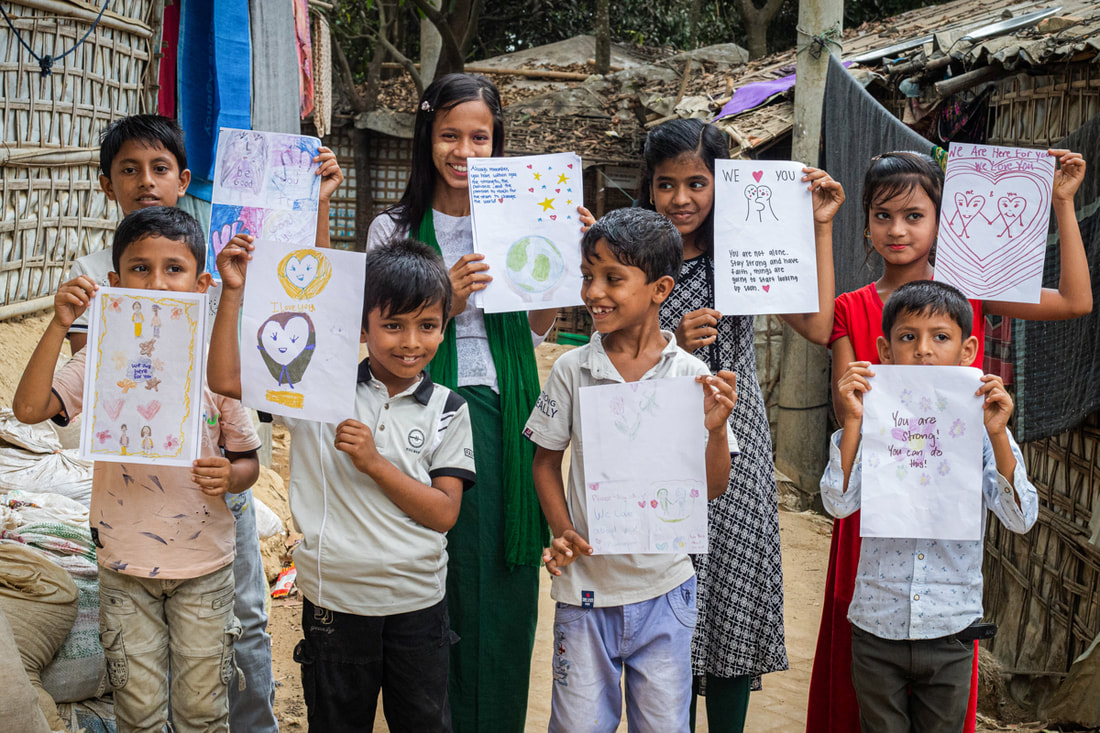
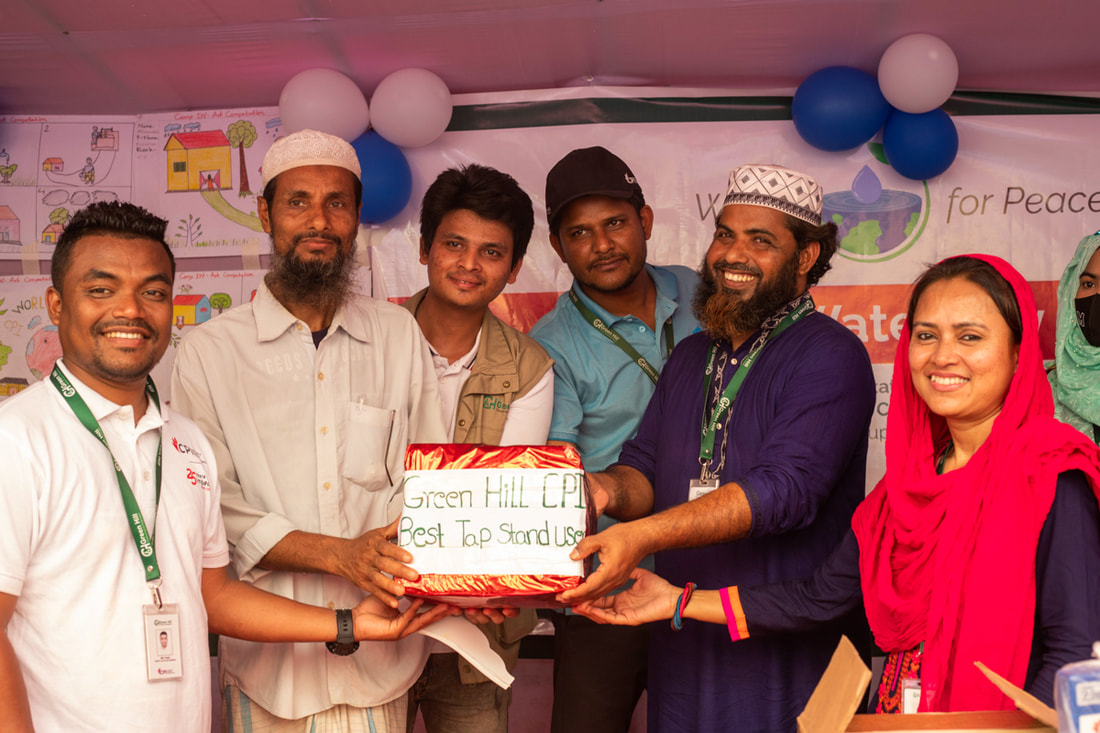
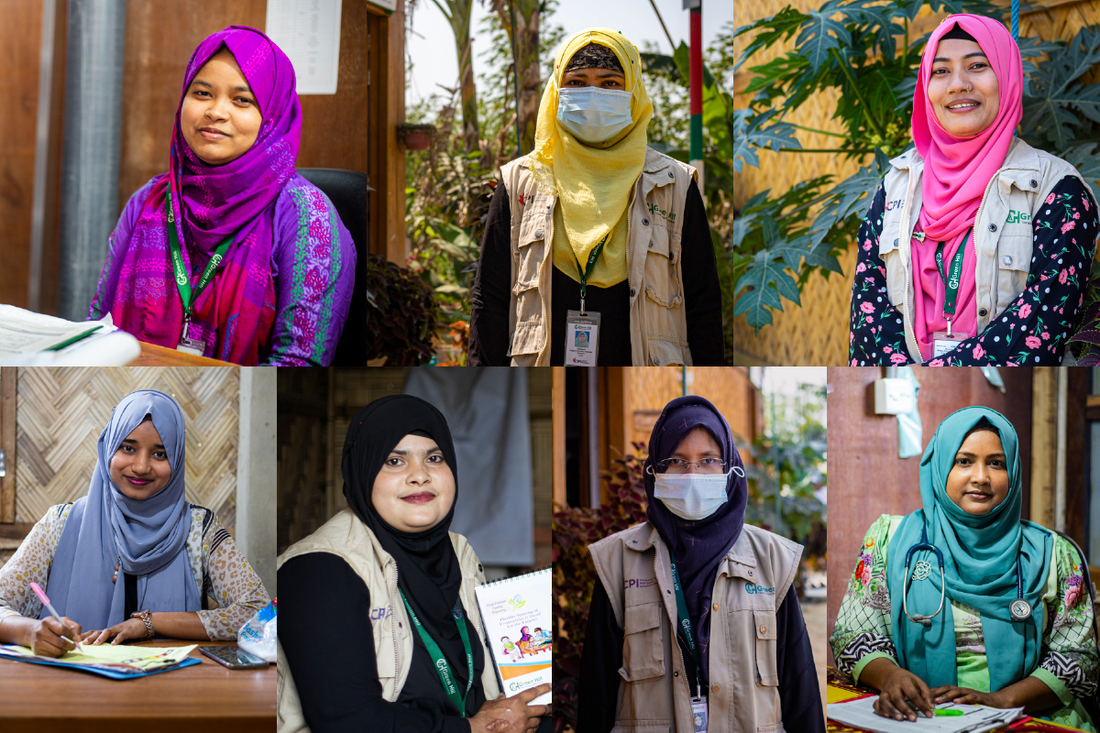
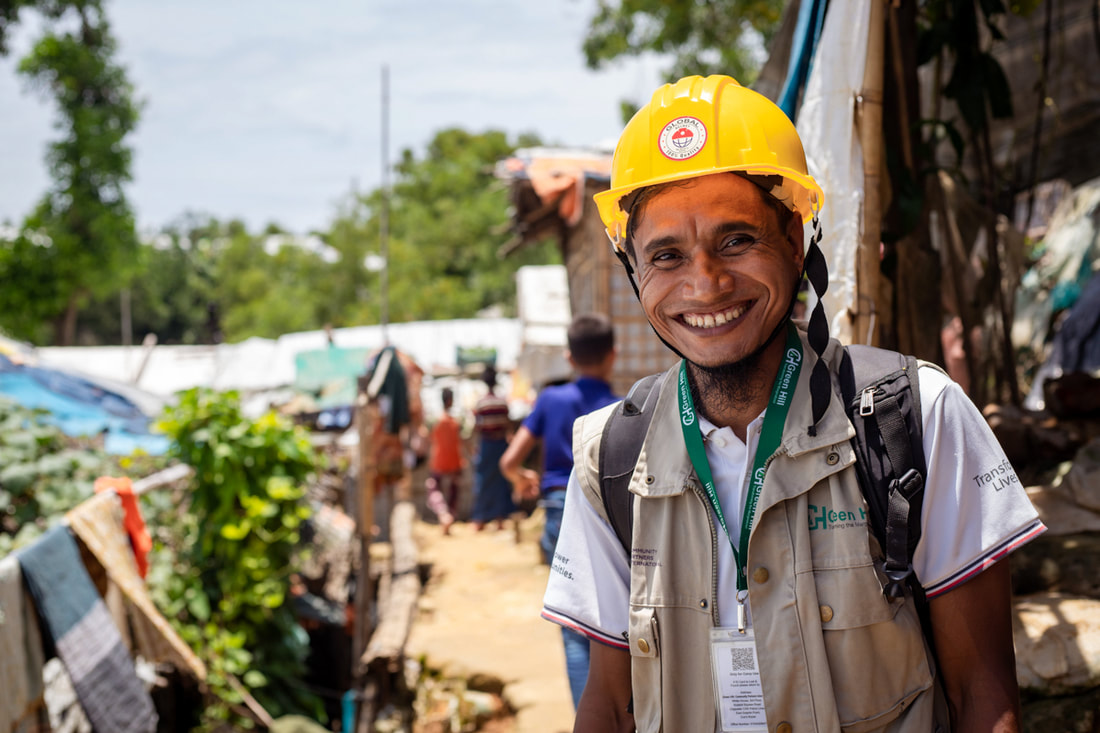
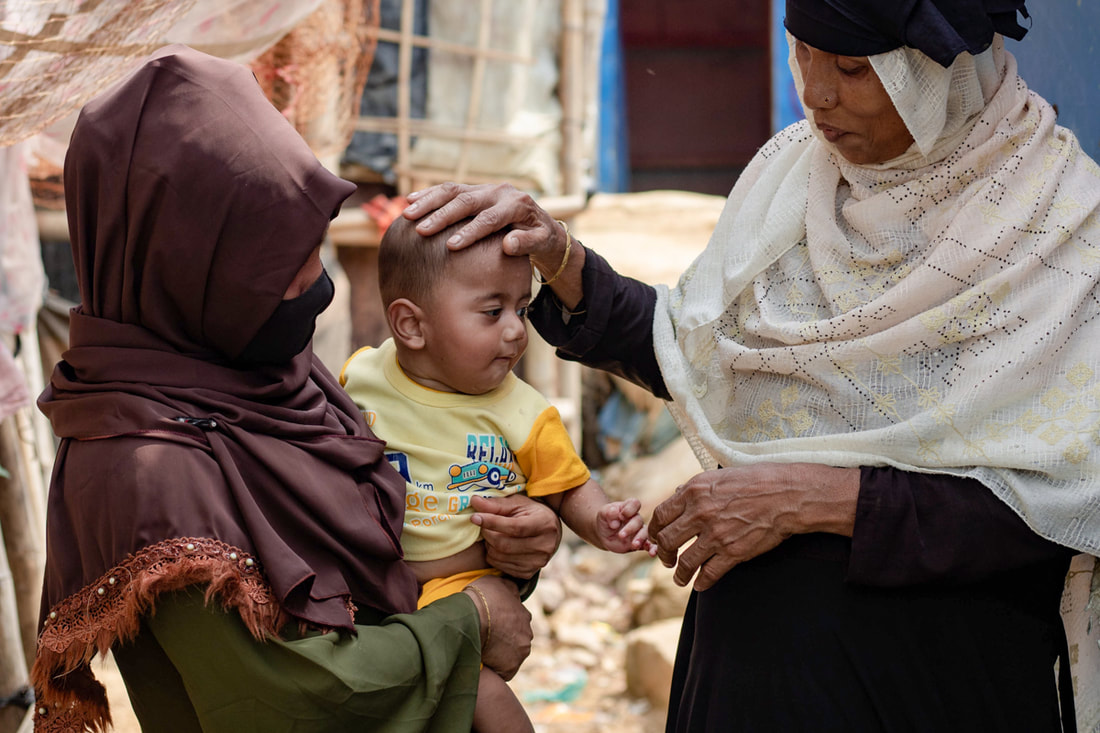
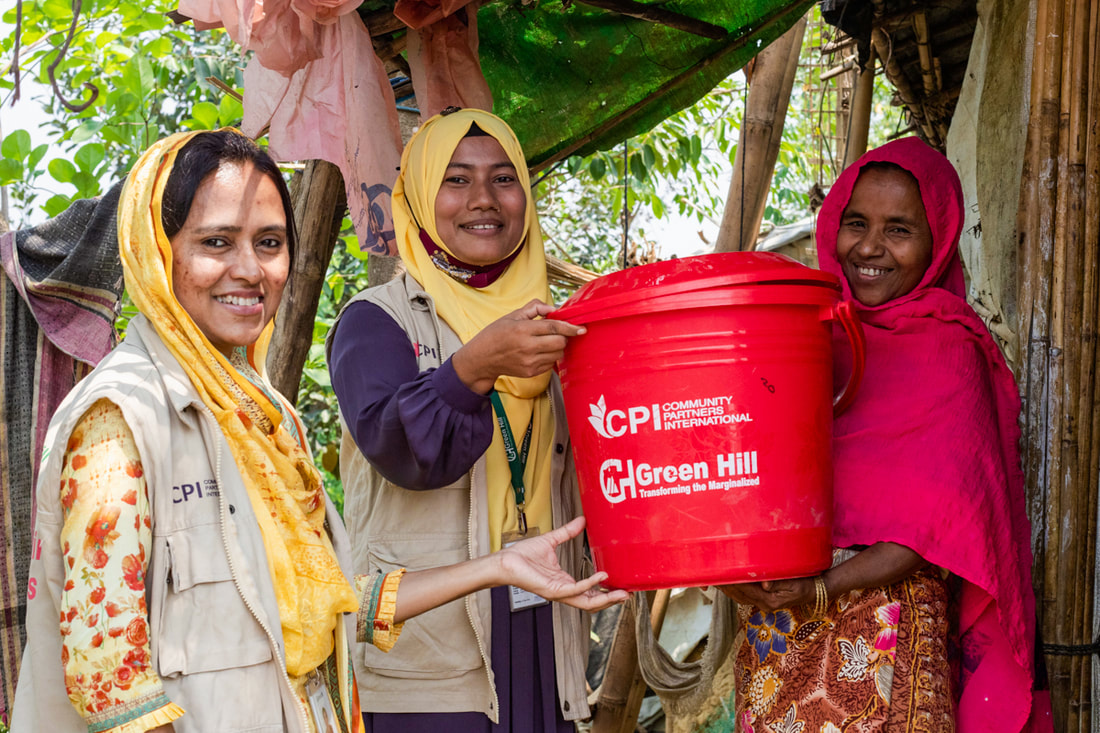
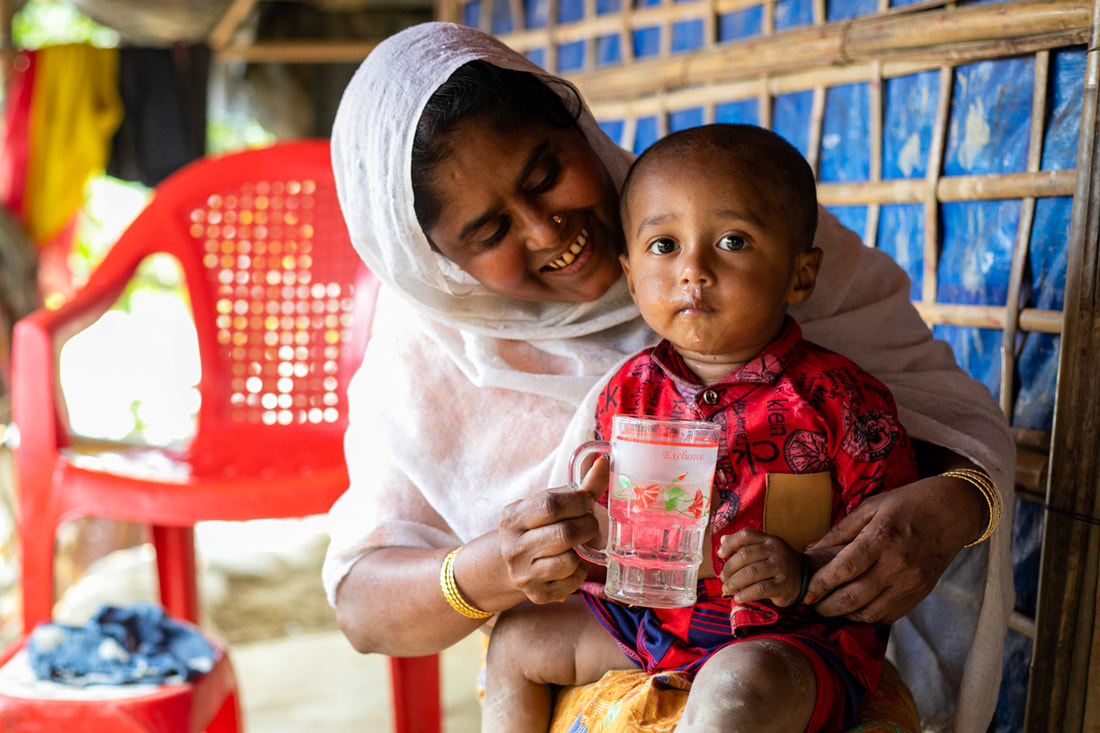
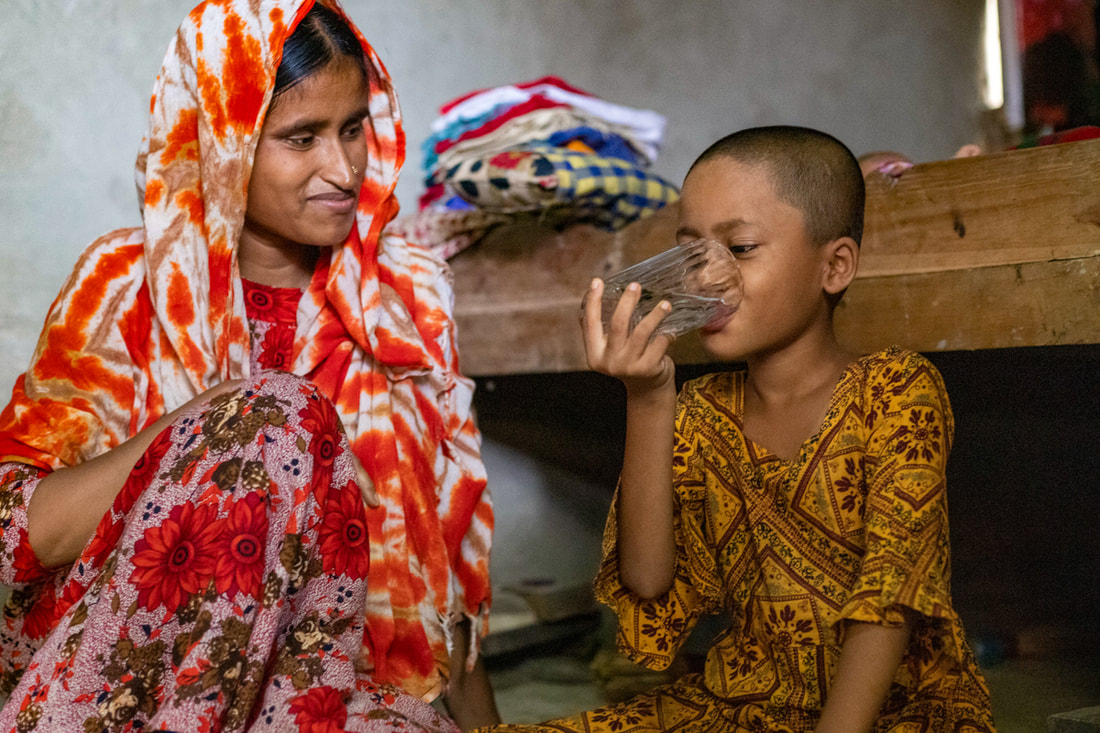
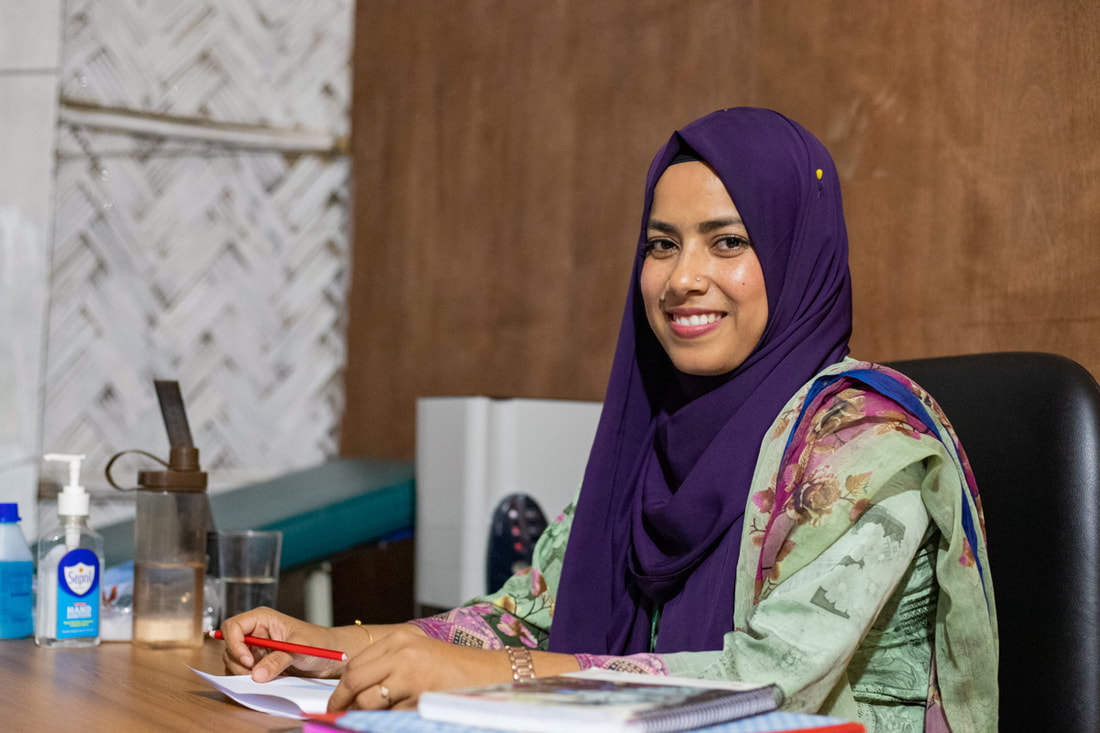
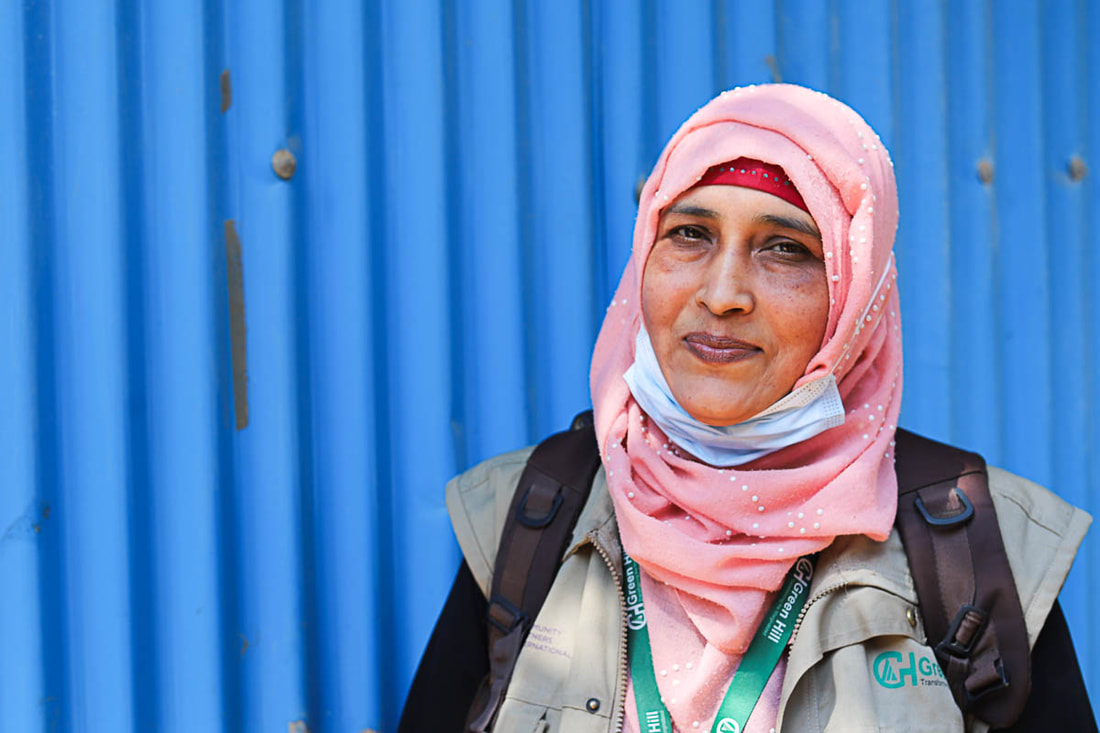
 RSS Feed
RSS Feed
